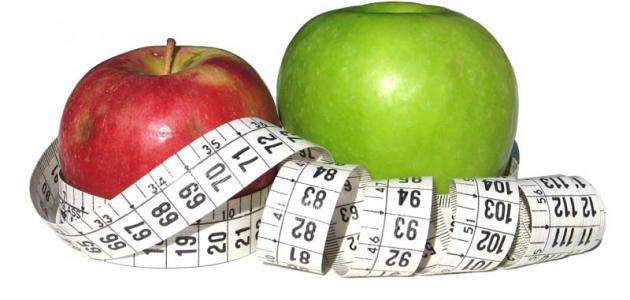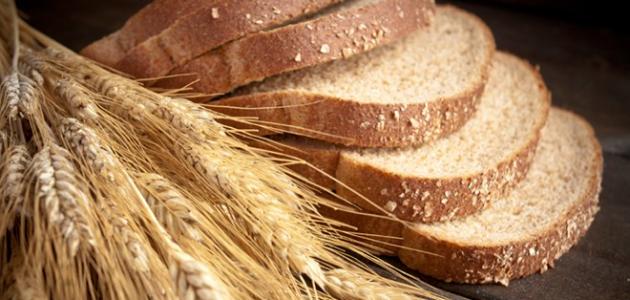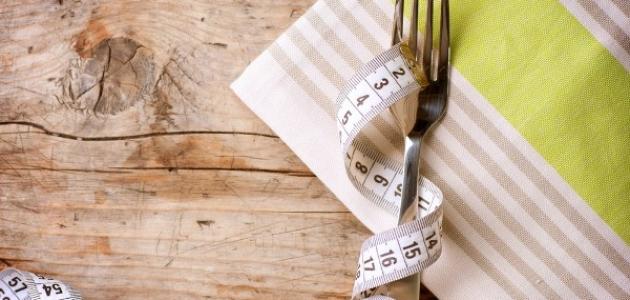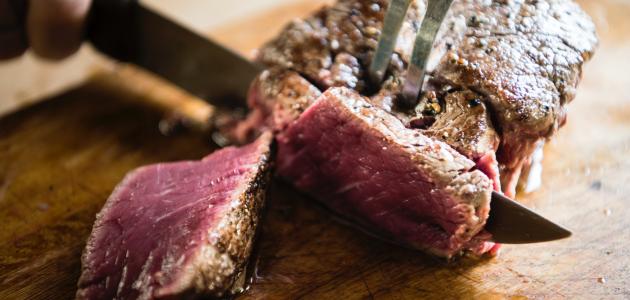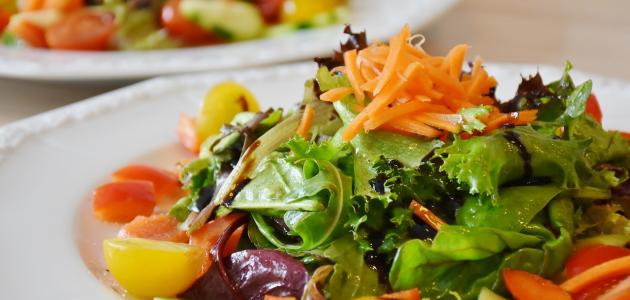Overweight
World Health Organizations define excess weight by the body mass index, which describes body weight in relation to height. It is calculated by dividing a person's weight in kilograms by the square of his height in meters. It can be said that women are overweight if their BMI is 27.3 or more, while men diagnosed as overweight have a BMI of 27.8 or more. A person is also considered obese when his body mass index is 30 or more, according to the World Health Organization (in English: National Institutes of Health).
How to lose excess weight
Treating the problem of excess weight requires searching for the cause of this problem, and there are several methods and strategies used to lose weight, the most important of which are behavioral changes and lifestyle changes. In some cases, doctors may resort to giving medications, or subjecting the patient to surgery to lose weight, and among the most important are Steps to follow to lose weight:
Healthy diet
It is important to eat the correct amount of calories to maintain a healthy weight, and to get rid of excess weight, daily calories must be reduced gradually, and adherence to a healthy diet is done by:
- Eat plenty of protein: Protein greatly affects appetite, as it increases the feeling of fullness and reduces hunger, which helps you eat fewer calories. The reason for this may be due to the fact that protein affects several hormones that play a major role in feeling hungry or full. It was found in one study that consuming amounts of protein ranging between 15-30% of the daily calorie intake contributed to reducing the calories consumed. During the day, it amounts to approximately 441 calories. It also helped to lose approximately five kilograms within 12 weeks without reducing the amount of food normally eaten.
- Eat food rich in fiber: Eating fiber increases the feeling of fullness for a longer period, and studies indicate that there is a special type of fiber called soluble fiber, which specifically helps with weight loss. This is because it slows down the time needed for the stomach to empty, and it is worth noting that this type of fiber is available in plant foods, including: beans, oatmeal, flax seeds, oranges, asparagus, and cabbage.
- Drink water regularly: Drinking water helps you eat a smaller amount of food, which contributes to weight loss, especially if you drink water before meals. One study conducted on adults indicated that drinking half a liter of water half an hour before eating a meal reduces appetite. , feeling hungry, and helps to eat a smaller amount of calories. It was also found in this study that people who drank water before eating a meal lost 44% more weight during 12 weeks compared to people who did not drink water before eating.
- Stay away from sugary drinks: Added sugar is considered one of the worst components of the diet, because it provides people with huge amounts of calories without causing a feeling of fullness like solid foods, and sugary drinks such as soda are linked to an increased risk of many diseases.
Physical activity
Physical activity is defined as the movement of a person's skeletal muscles in a way that requires burning energy. Well-known physical activities include walking, cycling, and other various sports. It is worth noting that physical activity provides many health benefits to humans, and physical activity can be practiced for several purposes. Such as maintaining a healthy weight, or helping to lose excess weight.
Read also:Ways to get rid of fatWeight loss tips
There are several tips that can be followed to lose weight, and we mention the most important of them:
- Sleep well and avoid stress: As lack of sleep may lead to an imbalance in the levels of some hormones that regulate appetite. The levels of the hormones leptin, ghrelin, and cortisol rise when you feel stressed, and this may lead to an increased feeling of hunger and the desire to eat unhealthy food, which leads to eating higher calories. It should be noted that stress and prolonged sleep deprivation increase the possibility of developing several diseases, such as type 2 diabetes and obesity.
- Chewing food well and slowly: As the brain needs time to convey the feeling of fullness to the person, therefore eating well and chewing it slowly helps reduce the amount of food eaten. Recent studies have indicated that people who eat quickly are more likely to gain weight compared to people who eat slowly.
- Using small plates for unhealthy food: Eating using small plates helps to eat smaller amounts of food, while using large plates may lead to eating large quantities of food, so it is preferable to use small plates to eat unhealthy food, and use large plates to eat healthy food.
- Store unhealthy foods out of sight: Placing unhealthy foods in places where a person can see them increases the feeling of hunger and intense desire to eat them, and this can be linked to weight gain. A recent study has indicated that people who store high-calorie foods in clearly visible places suffer from weight gain. Compared to people who place a bowl of fruit in a visible manner, it is therefore recommended to place healthy foods in places where people can see them.
- Eating without using electronic devices: It has been observed that people who eat while watching television or using the computer may not pay attention to the amount of food eaten, which leads to overeating.

